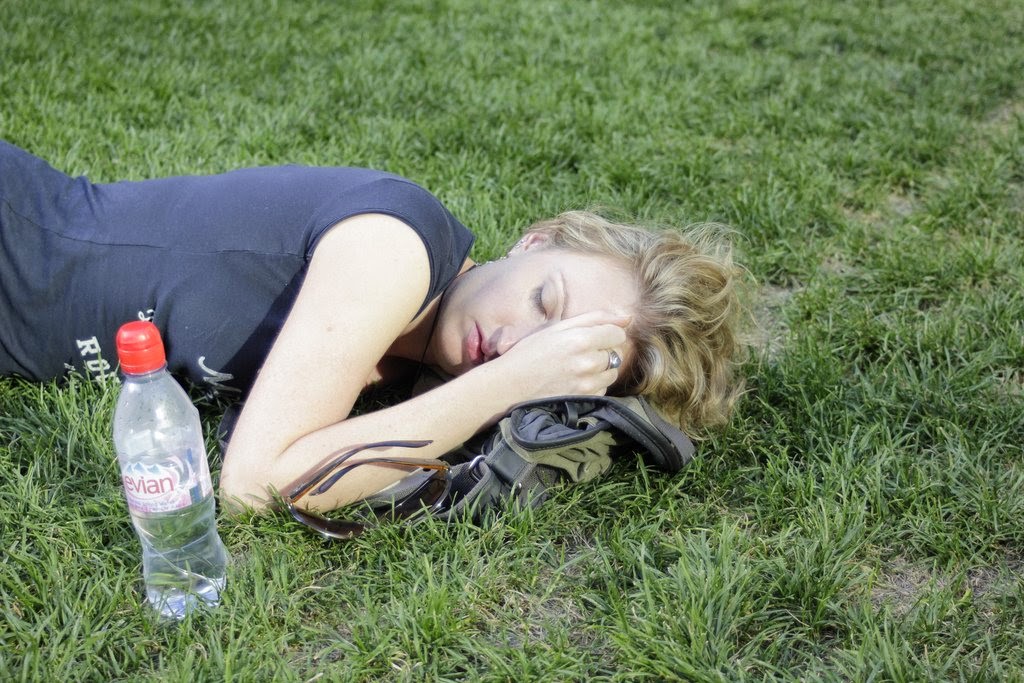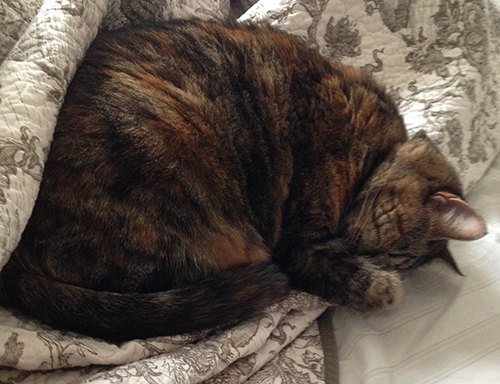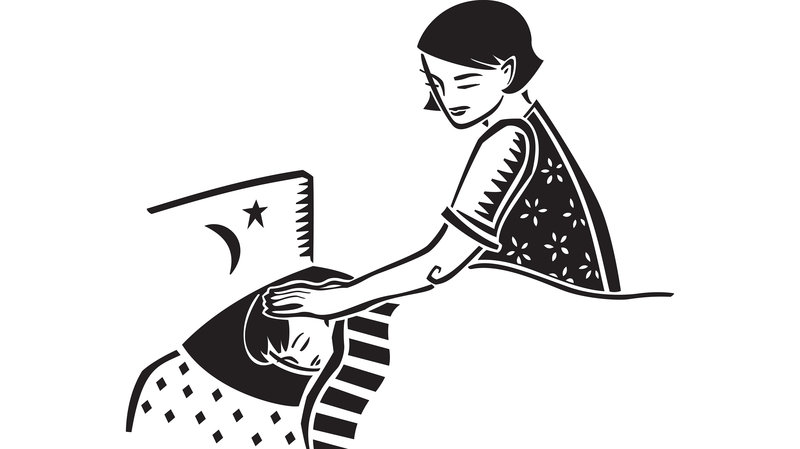How Much Sleep Is “Enough”?
By Dr. Mercola If you’re like most people, you’re probably not sleeping enough, and the consequences go far beyond just feeling tired and sluggish the next day. According to a 2013 Gallup poll,1 40 percent of American adults get six hours or less per night. Even children are becoming sleep deprived. According to the 2014 Sleep in America Poll,2 58 percent of teens average only seven hours of sleep or less. Even the Centers for Disease Control and Prevention (CDC) has stated thatlack of sleep is a public health epidemic, noting that insufficient sleep has been linked to a wide variety of health …
Daytime use of electronic devices also affect sleep in adolescents
Uni Research Health Both day- and bedtime use of electronic devices are related to an increased risk of short sleep duration, long sleep onset latency and increased sleep deficit. By Andreas R. Graven These are among the main findings in a new study lead by researcher psychology specialist Mari Hysing. She is at researcher at the Regional Centre for Child and Youth Mental Health and Child Welfare, at Uni Research Health in Bergen, Norway. Their work highlights a strong relationship between use of electronic devices and subjective sleep deficit. – The use of electronic devices is related to sleeping less than both the …
Sleeping with pet may aggravate sleep issues
January 23, 2015 He may be man’s best friend, but if you have problems sleeping Dr. Mary Rose, a sleep expert at Baylor College of Medicine says you should find pets a bed of their own. “Many times when you tell someone that they need to sleep without their pet, they get very protective,” said Dr. Rose, assistant professor of pulmonary, critical care and sleep medicine at Baylor. “So it’s important to determine what works best for them to optimize their lifestyle with a pet.” Possible disruptions Rose said a lack of training for pets like dogs can cause disruptions to your sleep. If …
Documentary Film Explores the Enormous Price We Pay for Ignoring the Need for Sleep
January 17, 2015 By Dr. Mercola According to the documentary, Sleepless in America, coproduced by the National Geographic Channel, 40 percent of Americans are sleep deprived. Many get less than five hours of sleep per night. Percentage-wise, adolescents are among the most sleep deprived. The consequences are dire, not just for the individual who isn’t getting enough rest, but for those around them as well. While most people don’t give lack of sleep much thought, there are in fact life-threatening consequences. Notably, “experts now believe that sleep deprivation may have played a role in the Exxon Valdez oil spill, the …
Helping dog breathe easier can reduce snoring
Notes from Dr. Norman Blumenstock Does your dog snore? 5:00 a.m. Sunday, Jan. 11, 2015 Question: My dog snores louder than my husband. How can I make him stop?! Answer: Many dogs snore and it can keep their owners up at night! Certain breeds of dog are genetically more likely to snore because of the shape of their head and nose. The brachiocephalic breeds ( dogs with a short nose and pushed in faces) tend to have very tiny nostrils, excess tissue in their throats, and elongated soft palates. This combination can cause breathing difficulties and snoring. Surgery can sometimes be done …
Tips for Preventing Post-Workout Insomnia
Notes from Dr. Norman BlumenstockExercise can improve sleep. January 02, 2015 By Dr. Mercola It is important to make time for exercise on a regular basis, and for many this means squeezing in a workout early in the morning, during a lunch hour, or even late at night, just before bed. However, some have difficulty sleeping if they exercise too late in the evening. If you are one of these individuals, you might be reacting to the increased adrenalin and cortisol that result from strenuous activity, which can make it difficult to fall asleep. A common recommendation is to avoid …
Athletes Take Note: Sleeping More Can Give You a Competitive Edge
Notes from Dr. Norman BlumenstockAthletes, take note: if you want to optimize your athletic performance, be sure to get your zzz’s. December 26, 2014 By Dr. Mercola Athletes, take note: if you want to optimize your athletic performance, be sure to get your zzz’s. As noted by The Atlantic:1 “Without proper sleep, whether it’s a short-term or long-term deficit, there are substantial effects on mood, mental and cognitive skills, and motor abilities. When it comes to recovery from hard physical efforts, there’s simply no better treatment than sleep, and a lot of it.” Not surprisingly, sleep deprivation has a detrimental effect …
Metro-North railroad in New York approves contract to screen and test engineers for sleep apnea
American Academy of Sleep MedicineThursday, December 18, 2014Earlier this week USA Today reported that the Metro-North New York commuter railroad will hire a firm to screen and test engineers for obstructive sleep apnea (OSA) following a deadly crash that was caused by a fatigued engineer who had undiagnosed OSA. The crash killed four people and injured 70 in the Bronx on Dec. 1, 2013. The engineer, who fell asleep before the train derailed, was later diagnosed with OSA. Metro-North will spend up to $200,000 on a 7-month pilot program. All 410 Metro-North engineers and some 20 engineers in training will have to answer …
Eight Foods That Will Put You To Sleep In No Time
Dec 08, 2014 10:18 AM EST | By Food World News Reporter There are slow nights that make sleeping like a test. Sometimes sleeping becomes really complicated that make you reach out for something, or grab anything that could make you sleep. If you are one of the many people who find sleeping a hard task, here are eight foods that will put you to sleep: Cheese and crackers are foods that can help you sleep. Earlier, we have known that warm milk can stimulate sleep. But the reason behind this is all dairy food sources can actually help. Dairy is …
Notes from Dr. Norman Blumenstock Breathing problems or a chronic lack of sleep early in life may double the risk that a child will be obese by age 15, according to research published Thursday in The Journal of Pediatrics. December 11, 201410:54 AM ET ALISON BRUZEK Sleep tight — and quietly, please. ImageZoo/Corbis A solid night’s sleep does more than recharge a growing brain — it may also help keep a growing body lean. Breathing problems or a chronic lack of sleep early in life may double the risk that a child will be obese by age 15, according to …








